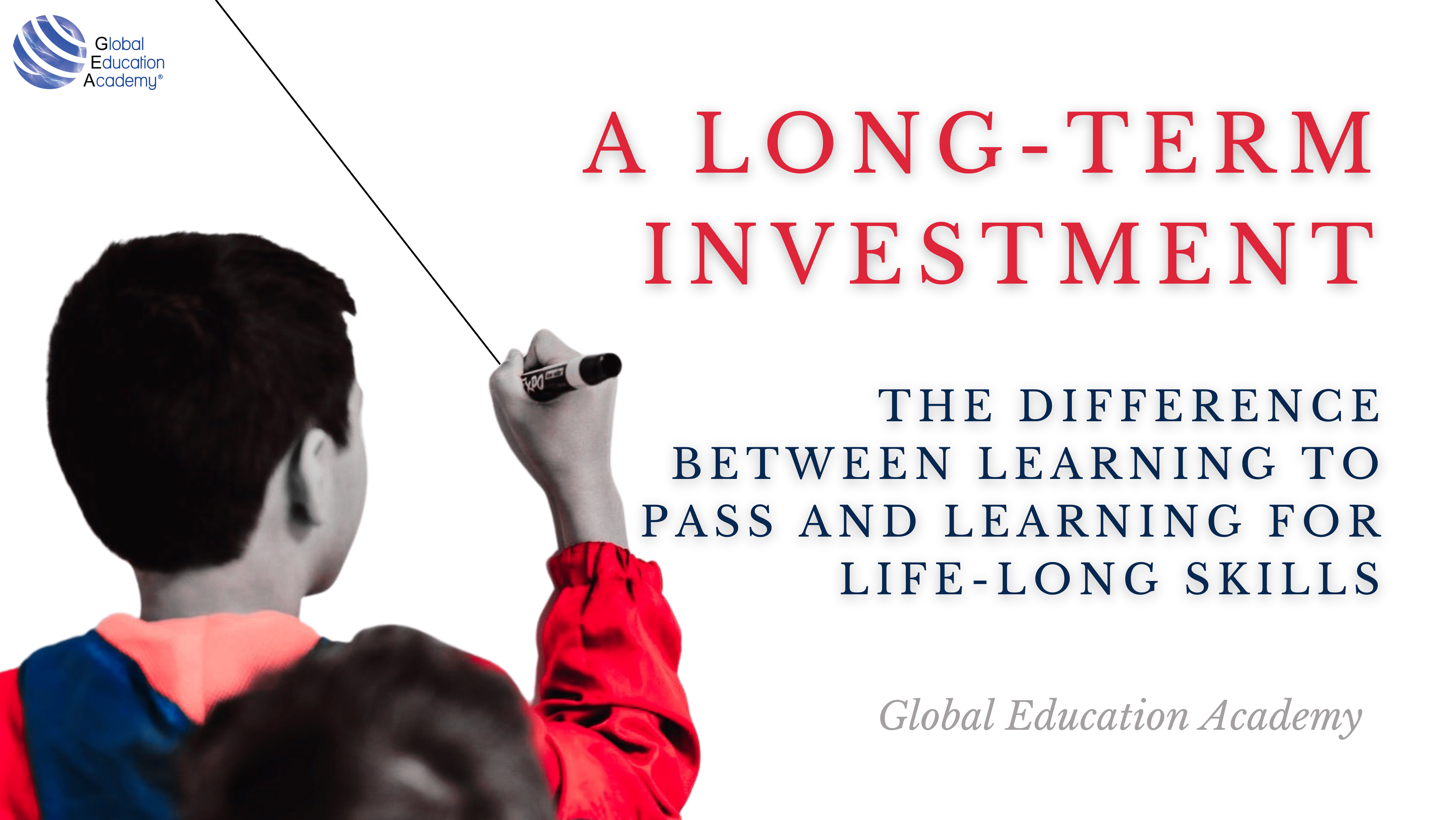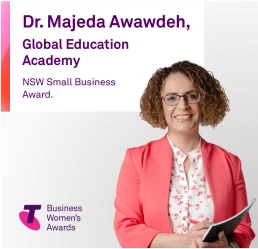
Have you ever considered learning to be like building a house?
It’s a metaphor for learning you may have seen in passing, perhaps as you scroll through your social media feed of thoughtful quotes. Maybe it stood out to you, or maybe it didn’t.
Let me bring it to your attention today, because likening learning to building a house is a perspective that will change your approach learning. Not only for your child but for you as well.
Imagine you’re the owner of a piece of land. You envision building a home for your family to host friends and loved ones. A home that one day you will pass on to your children. A home that will remain in the family for generations.
After finding the perfect design to meet your needs and the right contractor, you’re ready for your dream home to be built.
You sit down with your contractor to talk through the plans and he presents you with two options.
The first option is to complete the construction of the house in the shortest amount of time possible. He tells you the foundations will be good enough to pass the building code but will start to appear as cracks in the walls within the first few years. The house may last for 15 years, before its inevitable collapse.
The second option is to take as long as needed to build strong and deep foundations for the house. Foundations which go above and beyond the minimum requirements. He mentions it will cost more and extend the construction time, but will guarantee the house is still standing 100 years from now.
Which option would you choose?
I can probably guess which option you chose. It’s the option any future-focused person would choose – lay the right foundations now and reap the benefits over the long-term.
It’s the same with learning.
Learning with a short-term mindset only brings short-lived results. Your child crams for the mathematics test they have in two days, staying up late to squeeze as much information into their memory as possible. They achieve 90% on the test, but do they remember what they learned the next week, month, or year?
Most likely not. And yet, it’s the approach many students take when learning. Their main goal becomes passing the upcoming test rather than learning or developing a skill that will benefit them in the future. The foundations are shaky and the cracks begin to appear as they’re unable to recall what they learned once the test becomes a thing of the past.

Do you remember memorising your multiplication tables in mathematics? Or rules in English such as “i” before “e” except after “c”?
These are examples of rote learning, memorising information based on repetition. Rote learning certainly has its place in learning. To learn how to read and write, you first need to memorise the alphabet. To learn how to add and subtract, you first need to memorise numbers.
This approach is a good starting point, but it should never be used as the foundation for learning. It doesn’t produce a deeper understanding of the subject or enable the connection of ideas. However, it’s still used by many students and teachers.
To develop a deeper level of learning, students should engage in meaningful learning. This involves understanding how different pieces of an entire concept relate to one another. This understanding can then be applied to other learning situations.
Meaningful learning uses active learning techniques to build on previously acquired knowledge over time. This type of learning takes a longer time to achieve than rote learning but produces greater benefits in the long run.
Learning should be a life-long endeavour. It carries more than the single purpose of succeeding when tested simply to move on to the next stage. It’s about continually building knowledge, skills and understanding.
That’s why at Global Education Academy, we support meaningful learning. This is evident in our Cognitive Load Theory teaching approach, which focuses on developing learning strategies and techniques for long-term success.
Our focus is not on memorisation but on developing critical thinking skills by transferring knowledge to apply to new concepts. We encourage students to become lifelong learners, to think through what they’re learning and not just go through the motions.
If you want your child to be a lifelong learner too, enrol with Global Education Academy today!
Discover how we can help your child achieve their full potential.
Enquire Now






